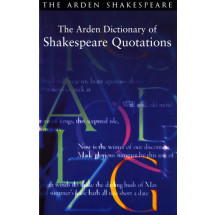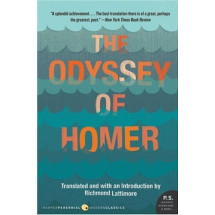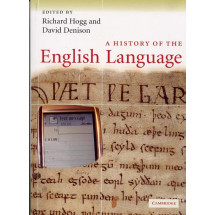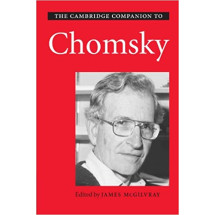Drama is a medium in which one group of bodies watches another group of bodies. The theatre is a place which exhibits what a human body is, what it does, what it is capable of. It requires special things of bodies, putting pressure on its audience as well as its performers. It creates and manipulates pleasure in relation to bodies. Part theatre history, part dramatic criticism, part theoretical tour de force, the central argument in Theatre, Body and Pleasure is that theatre is where society negotiates around bodily value and bodily meaning. It will therefore appeal to those with interests not only in theatre but also in wider questions about society, culture and pleasure.
This unique and powerful study features · a large historical range, from medieval to postmodern · case studies offering close readings of written texts · examples of how to "read for the body," exploring written text as a "discipline" of the body · a breadth of cultural reference, from stage plays through to dance culture · a range of theoretical approaches, including dance analysis and phenomenology. Simon Shepherd explores the interplay of bodily value, the art of bodies and the physical responses to that art. He explains first how the body makes meaning and carries value, and describes the relationship between time, space and body. From here he looks at bodies that go beyond their apparent limits, becoming excessive, tangling with objects, dissolving into their surroundings.
Simon Shepherd is Director of Programmes at Central School of Speech and Drama, London. His research explores the relationships between cultural and performance theory and theatre history. Recent publications include essays on Joe Orton and modern British drama and politics, and, with Mick Wallis, Drama/Theatre/Performance.














